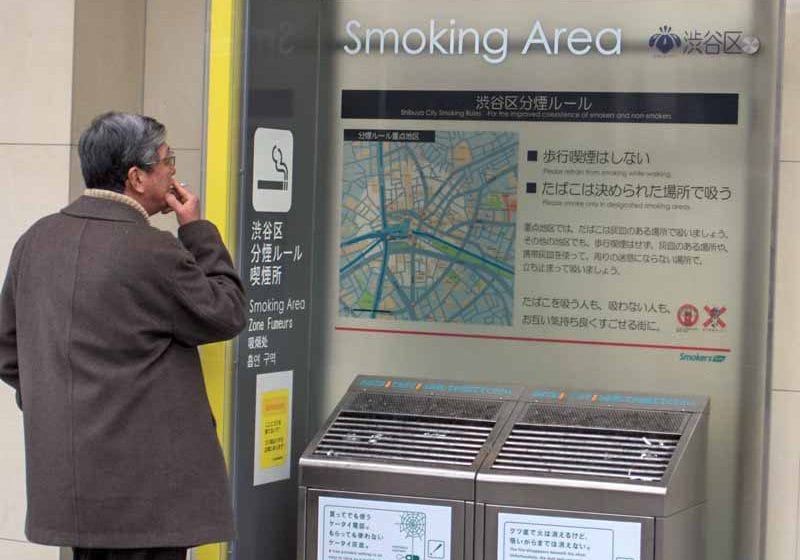Japan Tobacco Inc. said today that it would no longer conduct its annual Japan Smoking Rate Survey, making the 2018 survey, whose results were published on July 30, the last.
JT said it had conducted the independent survey since 1965 better to understand the incidence of smoking nationwide.
The results it added had been utilized in a variety of ways.
However, in line with personal data protection policies, several municipal governments had restricted companies’ ability to access the Basic Resident Register.
JT had decided to terminate the survey after considering a number of factors, including the difficulty in ensuring the credibility of the results and the resource required to conduct the survey.
‘The Company is of the view that the smoking rate in Japan has been declining,’ JT said in a note posted on its website. ‘The decrease is due to various factors, including an aging society, increasing awareness about the health risks associated with smoking, the tightening of smoking-related regulations and rising taxes on tobacco products.’
JT said it would continue its efforts to build a society in which smokers and non-smokers could co-exist in harmony.
The results of the Japan Smoking Rate Survey that were compiled in May and published on July 30 showed that the incidence of tobacco-smoking in Japan had fallen by 0.3 of a percentage point: from 18.2 percent in 2017 to 17.9 percent.
The incidence of smoking among men was down by 0.4 of a percent point to 27.8 percent, while that among women was down by 0.3 of a percent point to 9.0 percent.
Using figures from the Statistics Bureau of the Ministry of Internal Affairs, JT calculated that Japan’s smoking population stood at 18.80 million in May, down from 19.17 million in 2017.
The male smoking population was reckoned to be down from 14.26 million to 14.06 million, while the female smoking population was estimated to be down from 4.91 million to 4.74 million.
The survey was conducted in May using a stratified two-stage sampling method, by mailing questionnaires to about 32,000 adult men and women using ‘tobacco products, including cigarettes, T-vapor products, pipe, cigar and other tobacco products’ nationwide. It said it had collected 19,442 (60.6 percent) valid responses from the population surveyed.
Survey stubbed out











